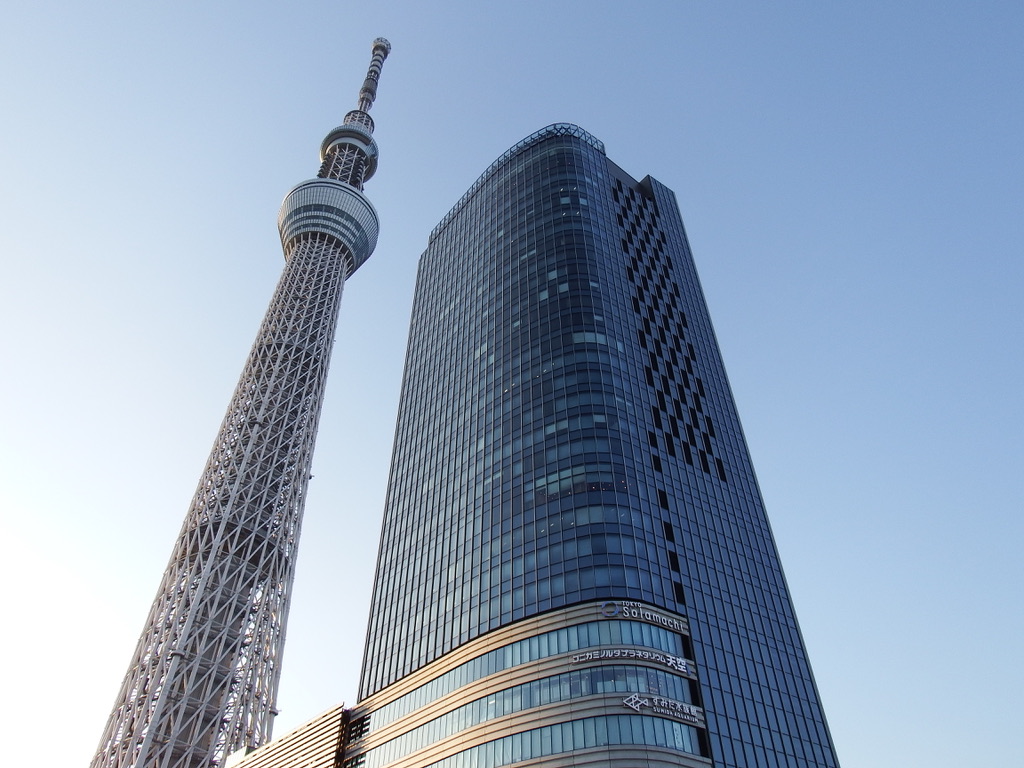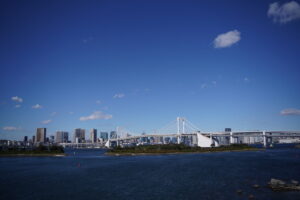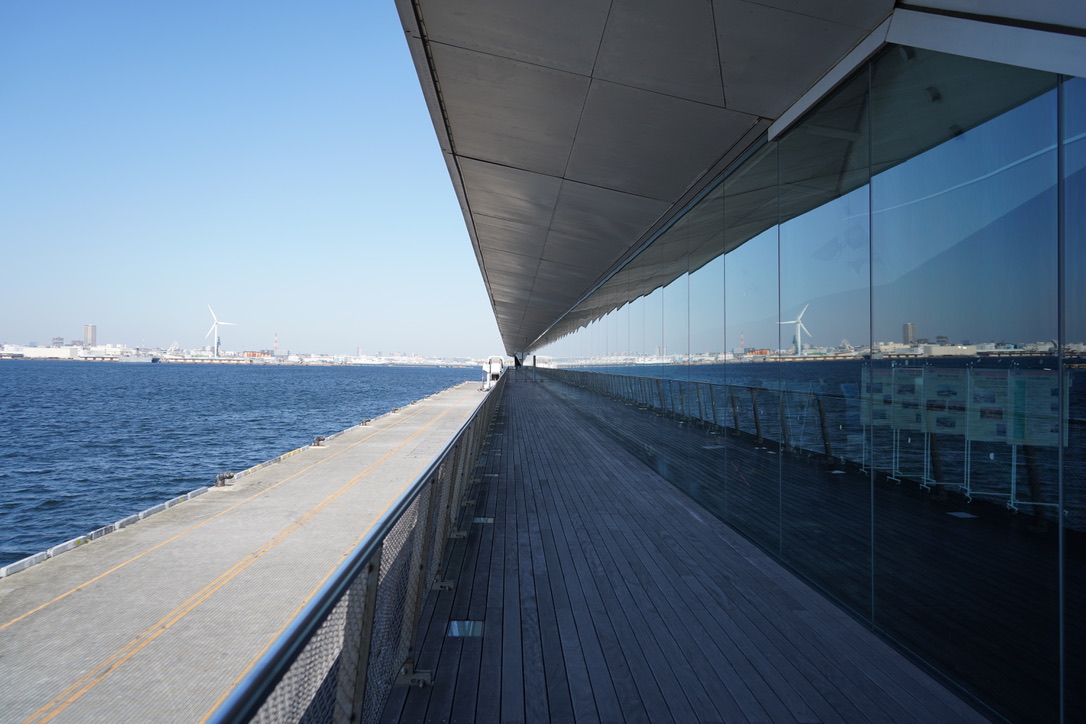Japan’s Ambitious Plans for Foreign Direct Investment Expansion

Setting a Target of $666 billion for Foreign Direct Investment
As of the end of December 2020, foreign direct investment (FDI) reached approximately 40 trillion yen (approximately $266.5 billion). This marked an all-time high, surpassing the target of 35 trillion yen set in 2014.
However, Japan’s FDI stands at 7.4% of GDP, significantly lower than the OECD average of 56.4%. Over the past three decades, Japan has been grappling with deflation, stagnant domestic demand, and fierce cost competition from emerging economies. To cut costs, Japanese companies have increased their overseas production, leading to a decline in domestic investments. Real wages have also been stagnant, with Japan being the only country to experience negative real wage growth amid global wage increases.
Amid these conditions, there has been a shift in the global geopolitical landscape with increased awareness of geopolitical risks. Japan, known for its political and economic stability, has emerged as a relatively attractive destination for FDI.
In response to this situation, the government has set a goal of doubling FDI to 80 trillion yen (approximately $533.3 billion), equivalent to 1.2% of GDP, by 2030. The government is actively working to promote FDI, aiming to reach an investment volume of 100 trillion yen (approximately $666.7 billion).
Action Plan to Expand Foreign Direct Investment in Japan
In order to expand foreign direct investment, the government has formulated the following five action plans:
- Stimulating investment in strategic sectors and restructuring global supply chains
- Strategies for the formation of Asia’s largest startup hub
- Attracting highly skilled foreign professionals
- Improving the business and living environment to attract human resources and investment from overseas
- Fundamentally strengthening Japan’s efforts for the mechanism to attract investment
This article references the government’s action plans, available in this report: Action Plan for FDI.
Japan has identified key areas for investment promotion, including semiconductors, DX, GX, biotechnology and healthcare. To boost investment, funds like the Advanced Semiconductor Production Infrastructure Fund and the Green Innovation Fund have been established. TSMC’s new plant in Kumamoto, for example, is eligible for fund certification.
Japan is also planning a 150 trillion yen (approximately $1trion) investment in decarbonization. Japan has a strong track record in energy efficiency and is committed to reducing greenhouse gas emissions by 46% by 2030 and achieving carbon neutrality by 2050. This includes investments in various fields such as automobiles, renewable energy, semiconductors, hydrogen and ammonia, energy storage and more.
In addition, Japan is actively working to create a more welcoming environment for foreigners to live, work, and start businesses. Efforts include improving English language communication, extending residency periods, relaxing permanent residency requirements, and enhancing the startup ecosystem. JETRO controlled by the government is taking the lead in fostering a startup-friendly environment, providing support to foreign entrepreneurs, including facilitating the use of co-working spaces and expediting bank account openings.
In Conclusion
Foreign direct investment in Japan exceeded approximately 40 trillion yen in 2020, and the country has set a target of 100 trillion yen for 2030.
With India set to become the world’s most populous country in 2023, surpassing China to reach a combined population of 3 billion, Asia is home to 60% of the world’s population. Japan, as a regional hub, is poised to capitalize on this potential.
The Japanese government is actively working to create an environment that attracts foreign businesses and investments, making it one of the leading destinations for foreign direct investment worldwide.




